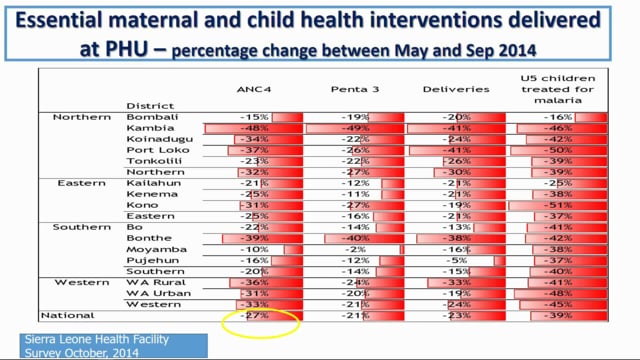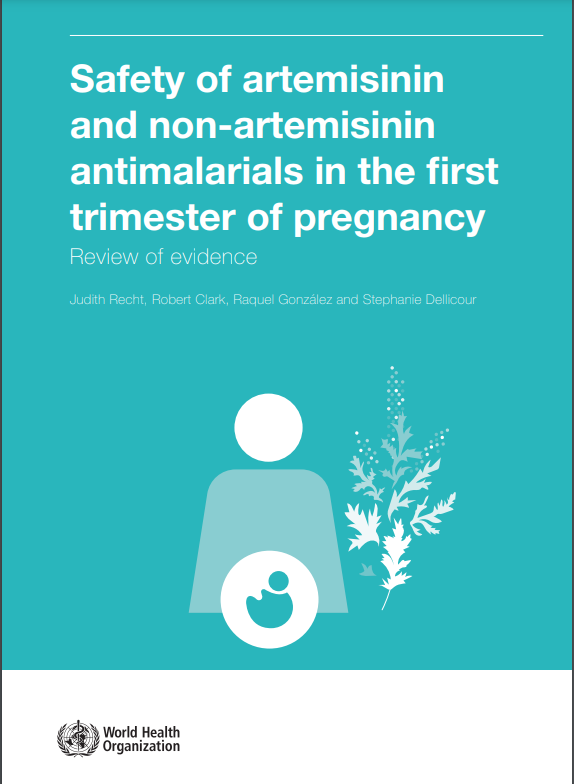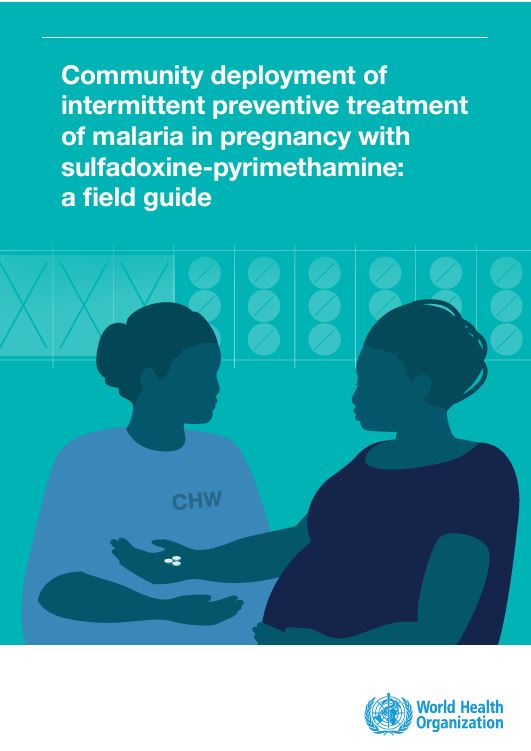Last Updated: 03/08/2023
A novel video-based intervention to enhance optimal uptake of malaria preventive therapy: A pilot study of a health educational approach to malaria prevention during pregnancy
Objectives
To develop an intervention named “PreVent” (PREvention of malaria in pregnancy using Video-based Education to eNhance opTimal malaria preventive therapy knowledge and uptake).
Malaria in pregnancy remains a major public health concern that is associated with maternal and fetal adverse events and is the leading cause of preventable maternal deaths in sub-Saharan Africa. Despite the proven efficacy of Sulphadoxine-pyrimethamine (intermittent prophylaxis treatment of malaria_ IPTp_SP) and cotrimoxazole as prophylaxis treatment of malaria in HIV negative and HIV positive pregnant women respectively, adherence to these medications remains unacceptable in Uganda especially in Kampala. Sub-optimal adherence to malaria preventive therapy is reported to be due to lack of education or ignorance about these interventions among pregnant women, and the lack of exposure to malaria prevention messages to stimulate behavioral change. Additionally, due to overpopulation in Kampala and the persistent shortage of health workers like in many other low resource settings, health workers often don’t have adequate time to sufficiently educate pregnant women about all Antenatal care procedures including the IPTp-SP dosing schedule for HIV negative pregnant women and re initiation to cotrimoxazole for HIV positive pregnant women. To address this critical knowledge gap on adequate malaria preventive therapy utilization among pregnant women, the proposal sets to use a combined implementation and dissemination interventional approach. In this R03, the project will develop, tailor, and refine the video to address malaria preventive therapy knowledge deficits in a client-centered manner. The PreVent intervention will involve a 10 min video to educate pregnant women about current IPTp-SP and cotrimoxazole recommendations during ANC followed by a 5 min question and answer session with a health worker. We will qualitatively assess the PreVent intervention for feasibility, acceptability, and appropriateness using a pilot study in an urban public health facility. The obtained data will be used to prepare for an R21 grant in which we will rigorously evaluate the effectiveness of the intervention in increasing optimal IPTp-SP and cotrimoxazole uptake. Ultimately, this and progressive studies will result in the development of a cost-effective, evidence-based, and scalable intervention that will eventually reduce malaria- related maternal and neonatal adverse outcomes.
Jun 2022 — May 2024
$54,000


